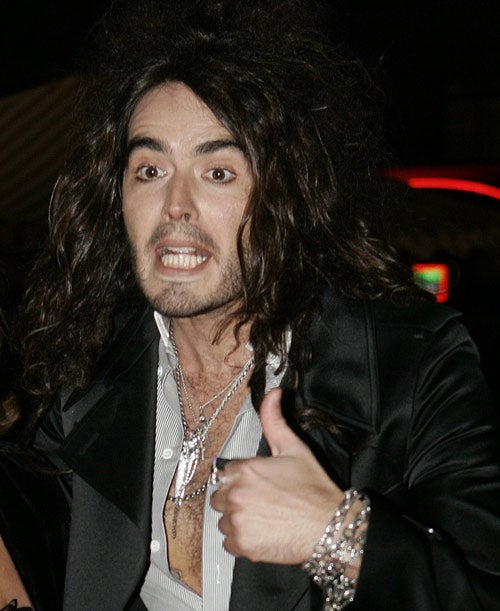BBC under fire after staff member posed as radio competition winner

The BBC fell into further introspection and controversy last night after an internal report revealed a member of staff posed as a competition winner and another entrant's name was invented on radio shows presented by Russell Brand and Jo Whiley.
The report's findings, handed over to the BBC Trust yesterday, came as part of a "trawl" for breaches of "editorial standards" after BBC programmes from Comic Relief to Blue Peter were caught up in last year's "annus horribilis" across the broadcasting industry.
The latest cases – both of which have been reported to Ofcom – involve a BBC 6Music show pre-recorded in April 2006 which featured a staff member pretending to be a competition winner. The following month, on Jo Whiley's Radio 1 show – also pre-recorded – staff made up the name of a competition participant. The BBC has now admitted that listeners were encouraged to send text messages and call in to the show "when in reality there was no opportunity to participate". The competitions were broadcast as if they were live.
A BBC statement pointed out the breaches took place before an internal "action plan" was implemented to improve standards.
"Neither of the two new cases revealed any new types of failing editorial practice which have not already been captured by the action plan, and both predate the commencement of the action plan," the statement said. "The BBC is contacting listeners who sent texts to the programmes but were given no opportunity to participate, and offering them compensation."
The corporation's director general, Mark Thompson, said: "I am pleased to have been able to report considerable progress in delivering our action plan."
The BBC Trust added: "The BBC's swift action and full disclosure seems to have played an important part in maintaining confidence amongst the public in the BBC's commitment to putting its house in order.
"The trust is satisfied that the two breaches from the past...do not raise any new issues which require the executive team to rethink its action plan and we have nothing to add to our previous statements."
This is the second time Ms Whiley's show has been subject of a fakery scandal, after she had to apologise in October when a member of staff was found to have posed as a caller. The BBC said she was unaware.
In July, it emerged that BBC programmes, including another Liz Kershaw radio show, were being investigated for phone-in breaches. Then came the "Crowngate" affair in which footage was edited to imply the Queen stormed out of a photo shoot.
Though prepared by an independent production company, the scenes were promoted to journalists by the director of BBC1 Peter Fincham, who was forced to resign in October.
Join our commenting forum
Join thought-provoking conversations, follow other Independent readers and see their replies
Comments
Bookmark popover
Removed from bookmarks